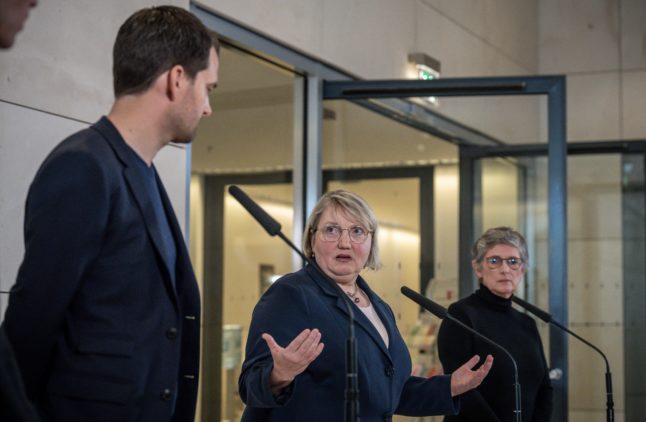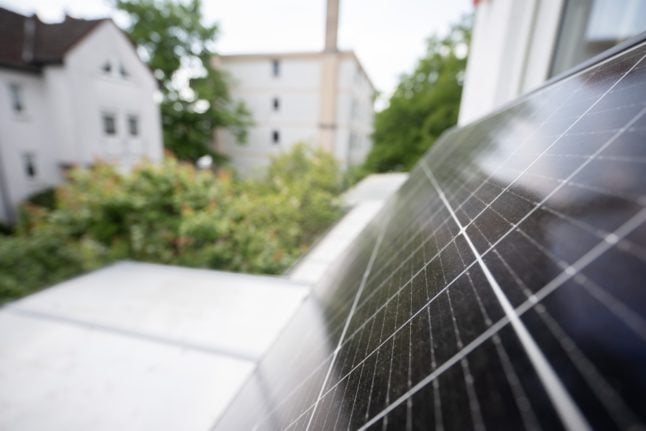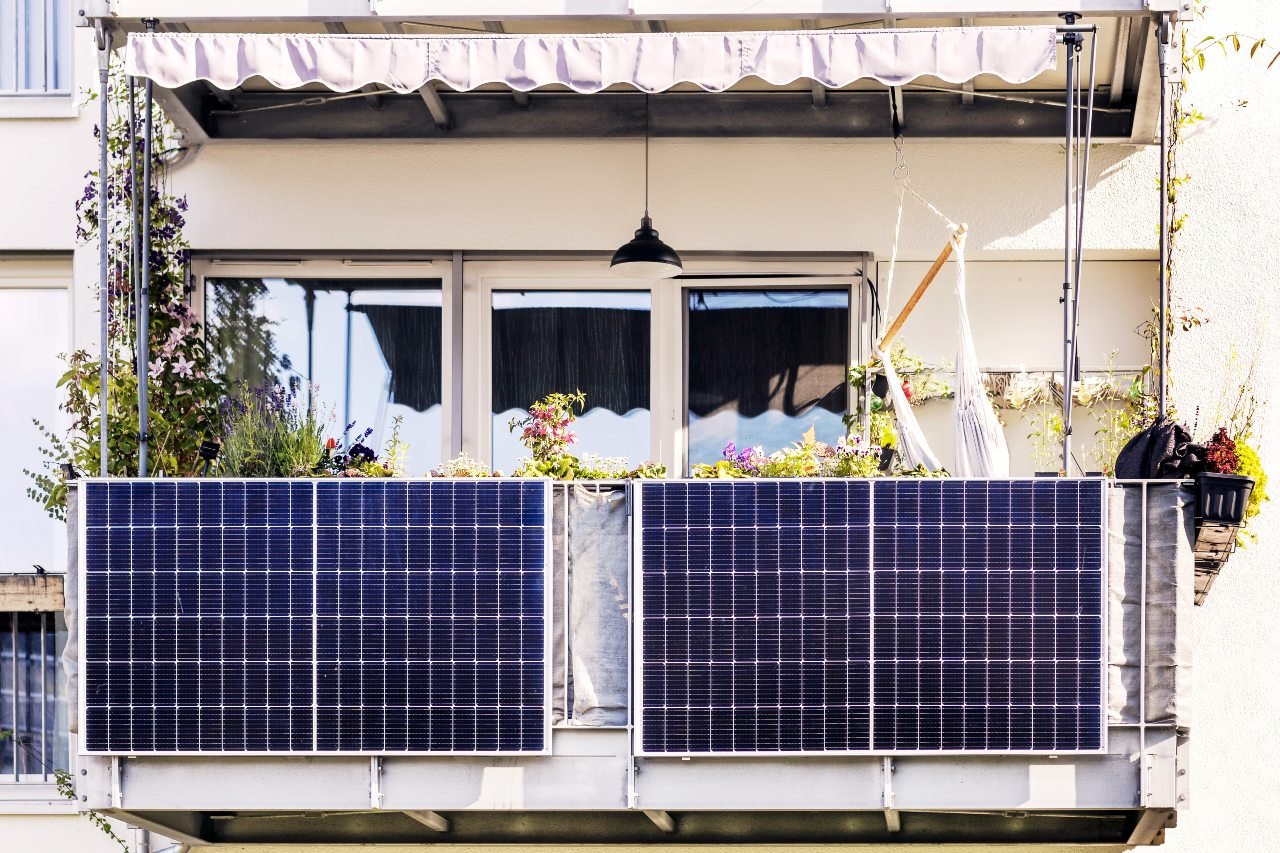Last week, the German government’s plans to reform unemployment benefits with its new “Bürgergeld”, or citizens’ income, proposals were blocked in the Bundesrat.
The legislation was held up mostly by members of the Christian Democratic Union (CDU/CSU) which had been strongly opposed to the proposals for a six-month Vertrauenszeit (trust period) in which benefits claimants would not incur sanctions, as well as to the amount of assets recipients would be able to hold on to.
READ ALSO: EXPLAINED: Will Germany’s controversial Bürgergeld still come into force?
On Tuesday, politicians from the traffic light coalition parties and the CDU/CSU reached a compromise on the proposed reforms which means that some of the key measures will be scrapped.
No trust period
The CDU/CSU was able to push through its demand for more sanctions for recipients and the six-month trust period will now be scrapped completely.
Instead, it will be possible to enforce benefit sanctions from the first day of an unemployment benefits claim if recipients don’t apply for a job, or fail to turn up for appointments at the job centre, for example.
The CDU and CSU also demanded that unemployment benefits recipients be allowed to keep less of their own assets when they receive state benefits. The original plan had been for assets worth up to €60,000 to be protected for the first two years, but the compromise reached has knocked this down to €40,000 for one year – during which time benefits recipients will not have to use up their savings.
Following the announcement of the agreement, Green Party later Britta Haßelmann said “I regret it very much”. According to Haßelmann, the trust period was the core of the reform designed to stop people from having to take up “just any job”.
READ ALSO: Bürgergeld: What to know about Germany’s unemployment benefits shake-up
Other traffic light colleagues were more optimistic, however. Katja Mast from the SDP spoke of a “workable compromise in the spirit of the matter,” while FDP Parliamentary Secretary Johannes Vogel said that it had succeeded in “making a good law even better”.
CDU/CSU leader Friedrich Merz, meanwhile, sees the compromise as a great success for his party, though he also praised the willingness of the parties in the government to reach an agreement.
“The coalition was very quick and – to my surprise – very largely willing to make compromises here,” Merz said.
What happens next?
Tomorrow, the Mediation Committee of the Bundestag and Bundesrat will meet to discuss the proposals. If the agreement is confirmed, the welfare reform could clear the final hurdle when it is voted on Bundesrat again at the end of the week. According to the federal government’s plans, if it’s approved, Bürgergeld will come into force in January and replace the current Hartz IV system.




 Please whitelist us to continue reading.
Please whitelist us to continue reading.
Member comments